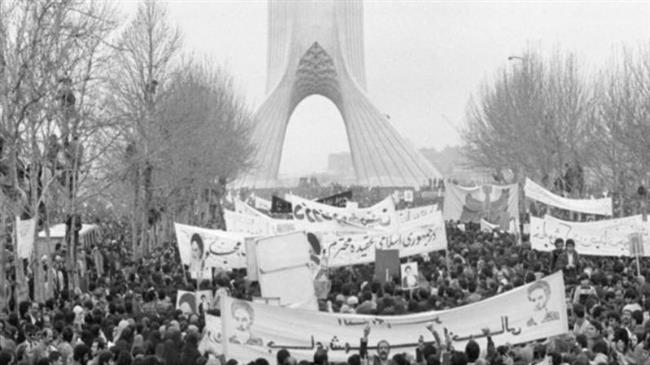America has a clear policy objective at the moment to increase the pressure on Iran. While this has been part of the US strategy towards Iran for many years, it comes after a group within the Iranian regime have claimed victory on a platform of change.
President Rouhani was elected based on the promise of improving the decreasing standard of living in Iran and the increasing pressure of religious laws placed on its people. Rouhani planned to deliver on his promise by riding the economic improvements resulting from the nuclear deal, which the people of Iran were yet to see.
The shift in policies adopted by the Trump Administration are designed to destabilize Iran and disable Rouhani’s ability to deliver his promise. Economically the pressure has already begun to negatively impact Iran’s social security and stability. In parallel, Iran is facing stern moves to contain its presence and reach in the region. With the Russian deal for the south of Syria, Tehran is finding it is not in the position of influence and opportunity it wanted to be.
The key to containing Iran’s presence in the region was a financial war, much like we could see with Turkey. The resumption of sanctions imposed by the US and the pressure applied to European countries to fall in line are the public face of this strategy to deepen the financial crisis and foment further discontent amongst the Iranian people. The current economic hardship, corruption and lack of services have been sufficient to trigger protests in Iran, this time across the country rather than just in the major cities.
As the economic and financial crisis deepens, with increasing inflation without corresponding increase in wages, Trump has fed the flames by mentioning the possibility of talking with Iran without preconditions. This invitation is meant to split the decision makers in Iran. On one side is President Rohani and Foreign Minister Zarif who managed to get the nuclear deal signed in the first place and have also pushed the country towards more open relations with the international community. They engaged the youth of Iran who make up a majority of the population with this approach.
In recent months, however, we have seen the Republican Guards dominating the political scene. They are leveraging Trump’s change in position and the inability of the EU to stand up to him. Trump’s invitation is deepening the crisis as the conservative Republican Guard base their support on being able to defend external threats.
As this pressure from the US increases, the impacts within Iran will become more serious. Until the recent shift in position from the US, Iran was positioning itself across the region to take advantage of the rebuilding of Iraq and Syria. It was planning to rebuild the region and take a key role, while also taking economic advantages. However, Iran is now facing serious measures to contain its presence in the region which it will struggle to counter given the internal turmoil it now faces.
Dr. Amer Al Sabaileh

